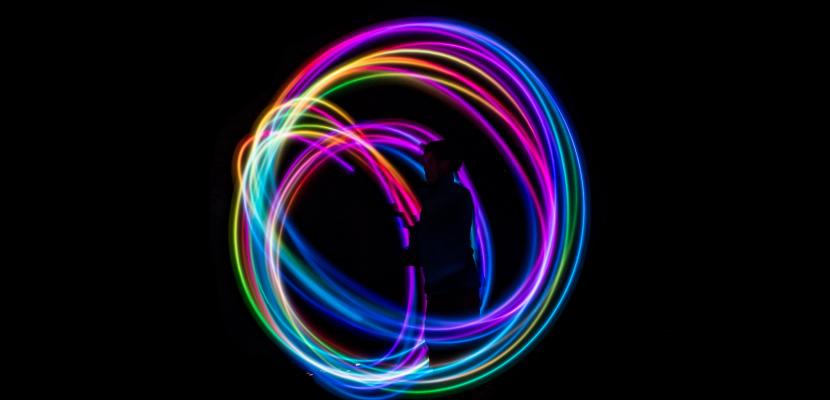Image

Circular economy Curriculum
Published on 20 May 2020

Finland
This is the good practice's implementation level. It can be national, regional or local.
About this good practice
Seinajoki University of Applied Sciences (SeAMK) prepares professionals of the future and produces high-level applied research to promote welfare and innovations. The School of food and agriculture is one of the four faculties that offers bachelor’s degree Programmes (Agriculture and Rural Enterprises, Food and Hospitality, Food Processing and Biotechnology) and master’s degree programme (Food Chain Development).
SeAMK considers that circular economy skills shall be a part of education of food professional and engineers of process and material technology. Designed courses are related to sustainable food systems, use of by products as well as info package and workshop with food chain companies. The project aims at developing, producing, testing and evaluating the new tools for the education in the food supply chain. The standard model is a triple helix learning approach that comprises the student, the teacher and an external expert on circular economy. Such a curriculum provides new knowledge and experience to future food professionals as follows:
- it combines food waste prevention with business knowledge;
- it influences food waste prevention in different levels of the food chain;
- it increases the cooperation between students, enterprises, teachers and policy makers;
- it supports new innovations
SeAMK considers that circular economy skills shall be a part of education of food professional and engineers of process and material technology. Designed courses are related to sustainable food systems, use of by products as well as info package and workshop with food chain companies. The project aims at developing, producing, testing and evaluating the new tools for the education in the food supply chain. The standard model is a triple helix learning approach that comprises the student, the teacher and an external expert on circular economy. Such a curriculum provides new knowledge and experience to future food professionals as follows:
- it combines food waste prevention with business knowledge;
- it influences food waste prevention in different levels of the food chain;
- it increases the cooperation between students, enterprises, teachers and policy makers;
- it supports new innovations
Expert opinion
This good practice shows how to build future skills related to circular economy principles by introducing new modules into higher education.
The used triple helix learning approach that comprises the student, the teacher and an external expert on circular economy is of particular interest here, ensuring that science and society are closely connected.
Regions that desire to see an increase in circular skills and projects in their territory are encourage to get inspiration from South Ostrobothnia.
The used triple helix learning approach that comprises the student, the teacher and an external expert on circular economy is of particular interest here, ensuring that science and society are closely connected.
Regions that desire to see an increase in circular skills and projects in their territory are encourage to get inspiration from South Ostrobothnia.
Works at
Interreg Europe Policy Learning Platform
Resources needed
Funding, open innovation, expertise on sustainability, circular economy, food supply chain, planning and pedagogy, management, technology
Depending on the level and scale of the studies the need of the resources has to be evaluated and the cost structure of the different phases planned.
Depending on the level and scale of the studies the need of the resources has to be evaluated and the cost structure of the different phases planned.
Evidence of success
Seinajoki University of Applied Sciences participated in 2017-2019 to two projects funded by Sitra -independent fund set by Finnish Parliament with many universities of applied sciences and scientific universities. During the projects eight circular economy study modules relating to food chain were planned. Six of them are now available on Campus online to all students of the Universities of Applied Sciences of Finland. In the projects 82 students voluntarily chose to study circular economy.
Potential for learning or transfer
This model is suitable to be implemented in other universities. There’s a potential for learning and transfer through ERASMUS+ cooperation and education programme. Some ECOWASTE4FOOD partners refer to it in their action plans.
Margit Narva, SeAMK: [email protected]
Margit Narva, SeAMK: [email protected]
Further information
Website
Good practice owner
You can contact the good practice owner below for more detailed information.
Organisation
Regional Council of South Ostrobothnia

Finland
Länsi-Suomi
Contact
Manager of International Affairs
